{{phone.Value}}
successful admissions
of students enter the university of their choice
students consult Education Index when applying for universites
successful admissions
of students enter the university of their choice
students consult Education Index when applying for universites
This module explores the relationships between urban infrastructure delivery, pro-poor development, environmental change and local economic growth. This provides the grounding for a more holistic approach to infrastructure planning. A key element to this is the teaching of new ways of thinking about infrastructure delivery that draw on emerging global thinking based on systems theory; circular models, decentralised approaches; collaboration and accountability.
This module aims to provide participants with a firm understanding of governance and decision-making processes involved in the planning and delivery of different types of infrastructure. It is informed by political economy and institutional frameworks and grounded in theories and practices of different methods for addressing broader societal impacts that arise from infrastructure delivery. It will explore different approaches to participation of stakeholders to enable more informed and inclusive decision-making based on optimum compromises for infrastructure delivery that is to the benefit of the local and wider urban communities.
This module takes a problem based learning approach to equip participants with the grounded understanding of the theory and practice of financing the development, renewal, repair and maintenance of infrastructure. It examines how infrastructure is financed as well as alternative funding models, cost recovery options, and sources of finance. The module also examines the roles of key actors and reviews the approaches, methods and tools used for decision making in a variety of different contexts and under conditions of uncertainty.
The aims of this module are to develop your understanding of the role of infrastructure in development, and to equip you with a working knowledge of the key frameworks and approaches used to design and implement local development programmes and projects. The module allows you to experiment with bringing together your broad knowledge base and skills and applying it to an actual project. You will begin by learning how to research and critically assess a development context using participatory and other approaches. This critical analysis is then used to design an infrastructure project which takes into account development goals and addresses the challenges of infrastructure delivery on the project site.
This module provides you with the fundamentals of research design highlighting the difference between qualitative and quantitative research paradigms and demonstrates how data can be both gathered and analysed and how deductive arguments can be used to produce valid generalisations from data. It also provides you with an overview of particular research techniques such that you can choose and develop those tools most appropriate to your Dissertation.

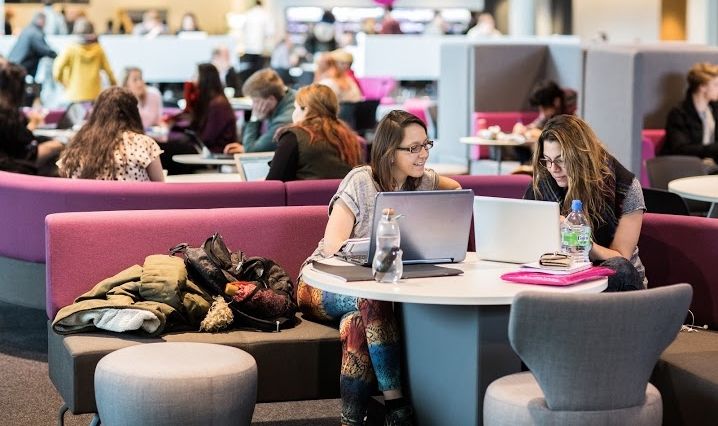
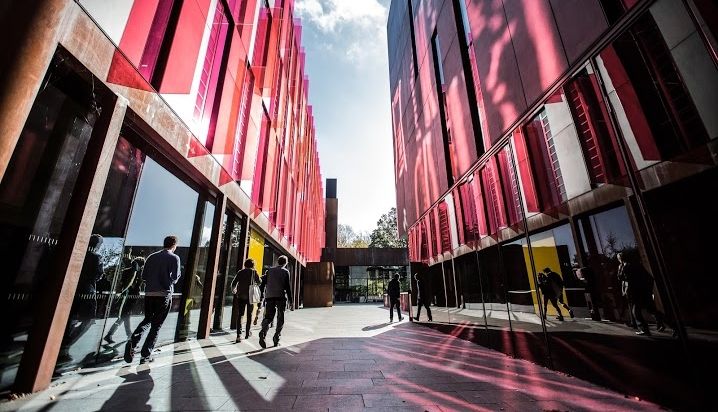

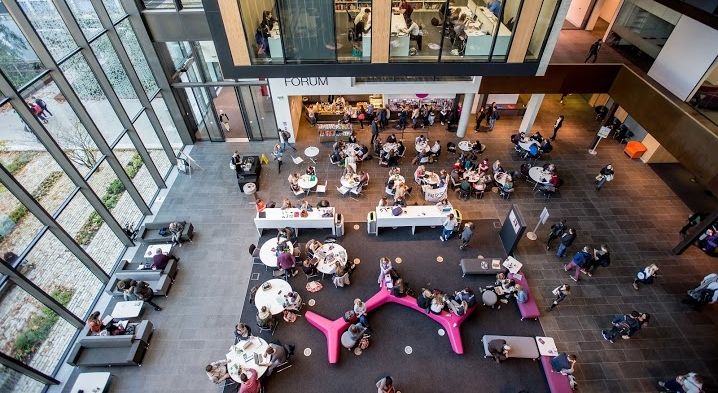
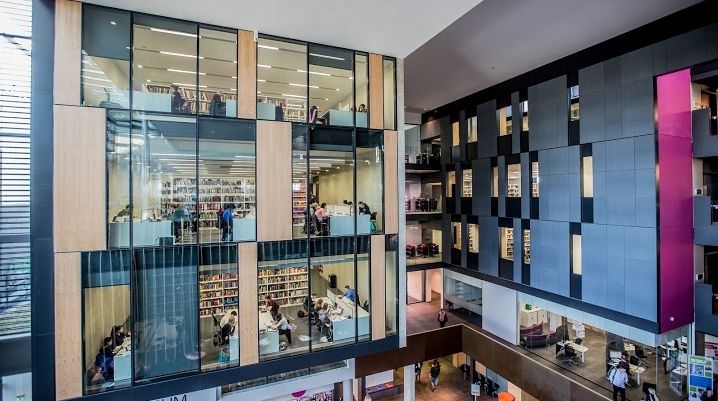

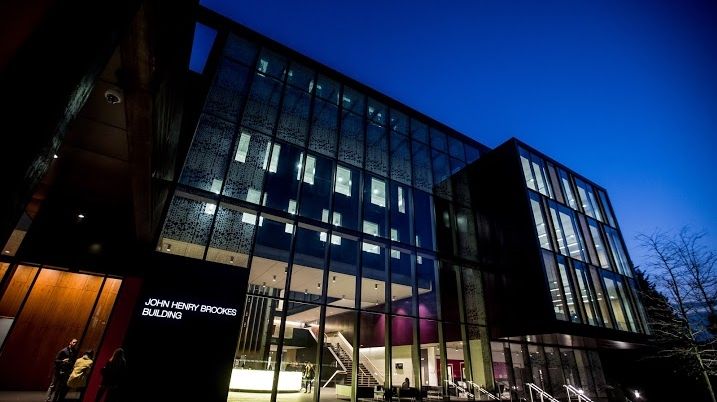
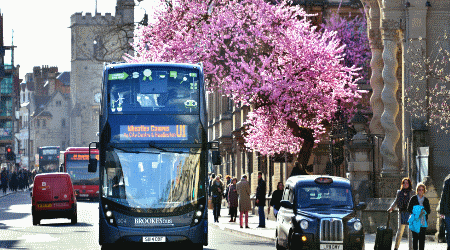


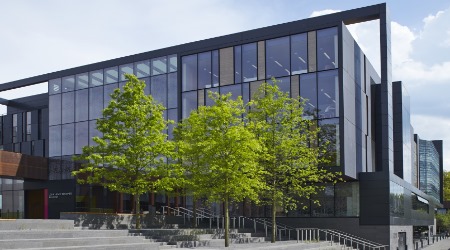
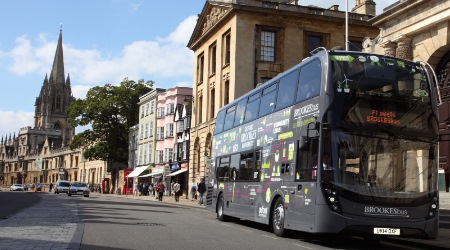


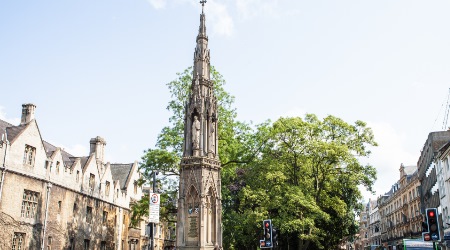
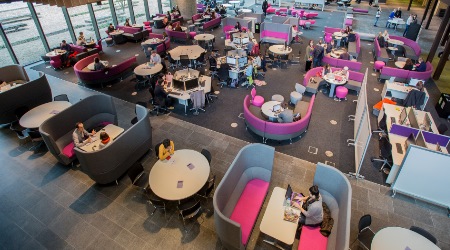
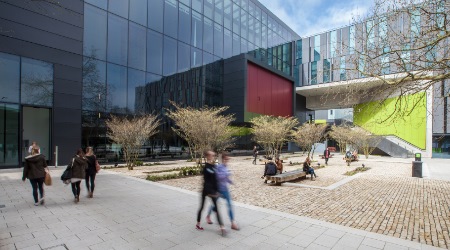
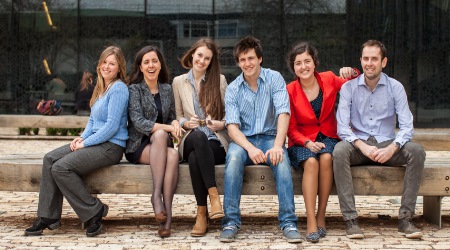

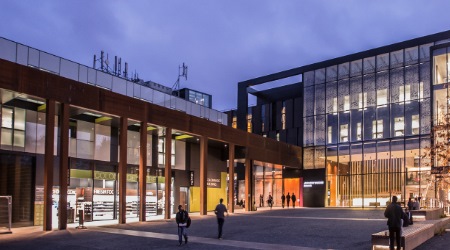

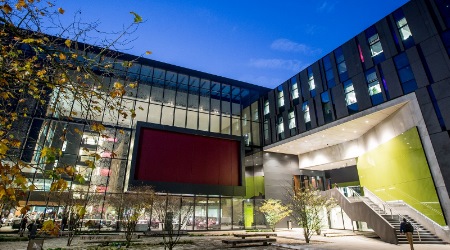







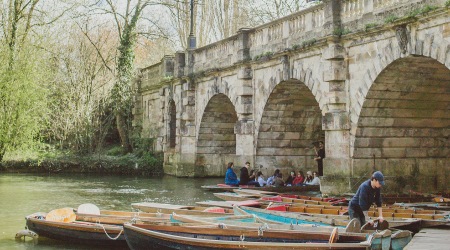
The campuses are filled with bars, cafes, and food outlets so there are plenty of places for you to meet up with friends, have fun and socialise.
We even organise regular cultural events, like theatre visits and traditional dance evenings, to help you experience life in the UK. Our events are a great way of meeting other students from across the University.
Getting you from A to B quickly and cheaply, the Brookes Bus service links all three campuses with the halls of residence, Oxford city centre and local supermarkets. Free Brookes bus passes are available to students.